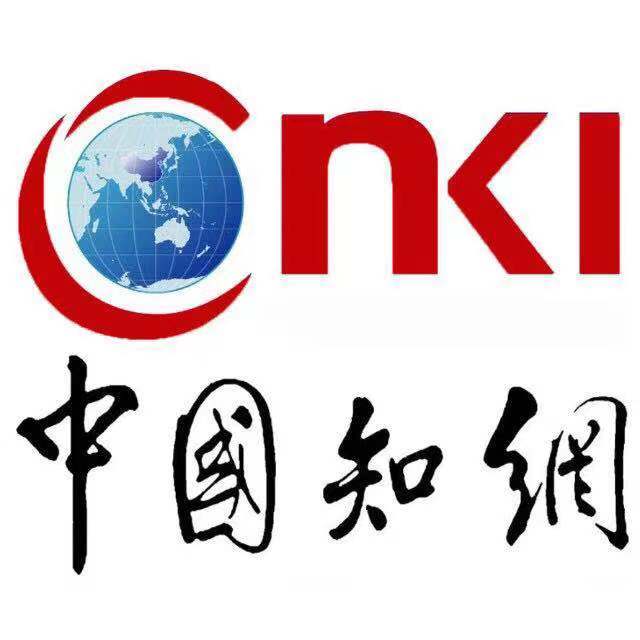期刊菜单
Search
Search Results
-
Abstract
This article takes clothing manufacturing enterprises in Fujian Province as the research object, based on resource conservation theory and social exchange theory, constructs a correlation model between emotional intelligence, dedication, work life balance, and work performance, and explores the mechanism of happiness plan on employee performance improvement. Through questionnaire surveys and structural equation modeling analysis, it was found that emotional intelligence has a positive impact on job dedication and performance; The role of emotional intelligence in mediating job performance through the degree of dedication; Work life balance regulates the relationship between dedication and job performance, and has a positive moderating...
Full Text
IntroductionAs an important textile and clothing industry base in China, Fujian Province's clothing manufacturing enterprises are mainly labor-intensive, and employees face problems such as high-intensity work pace and low professional identity. Under the trend of "people-oriented" management, how to improve employee performance through happiness plans has become a focus of attention for enterprises. This article is based on the Conservation of Resources Theory and Social Exchange Theory to explore the impact mechanism of Emotional Intelligence (EI), Engagement, and Work Life Balance (WLB) on Job Performance (JP), providing theoretical support for optimizing human resource management in clothing manufacturing enterprises in Fujian...
-
Abstract
The rapid development of new-generation information technologies (such as cloud computing, big data, artificial intelligence, etc.) has profoundly promoted the digital transformation of national management, social development, and enterprise operations. Enterprise digital transformation is centered around data, prompting changes in organizational models, governance models, management processes, business models, etc., to achieve improvements in innovation, efficiency, quality, and cost. This paper aims to explore the impact of digitalization of tax collection and administration on enterprise financial management behaviors and propose strategies for enterprises to respond.
Full Text
IntroductionIn recent years, the rapid development of new-generation information technologies such as cloud computing, big data, artificial intelligence, the Internet of Things, virtual reality and blockchain has had a profound impact on modern society. It not only promotes the digital transformation of national management and social development, but also drives the digital and intelligent transformation of enterprises, becoming the main driving force for social transformation (Kraus, 2021)[1]. Enterprise digital transformation takes data as a key element, prompting changes in various aspects such as organizational model, governance model, management process, business model, operation model, business model, corporate culture and corporate leadership,...













